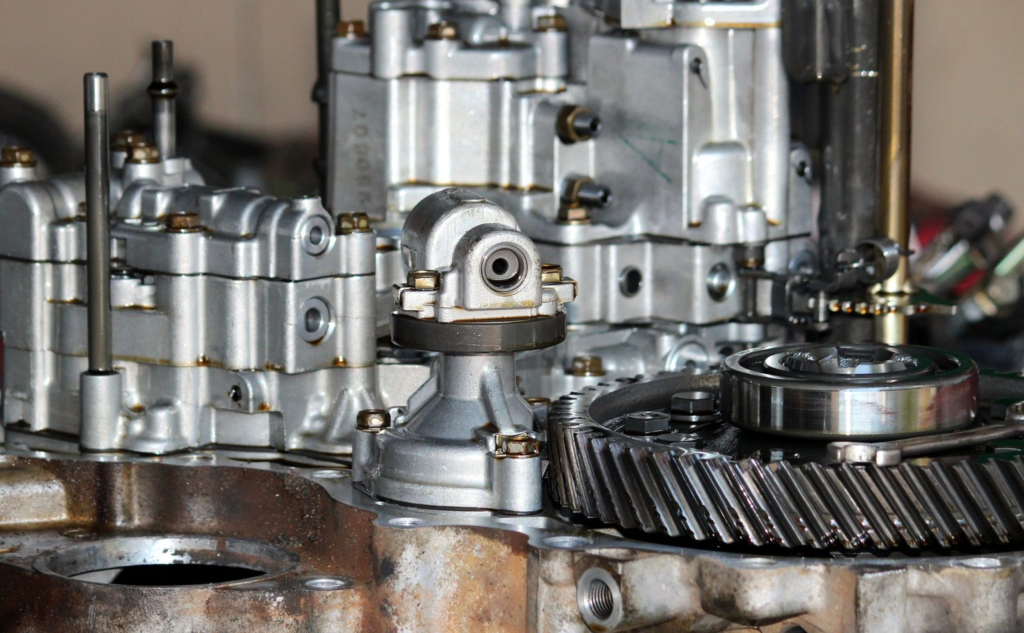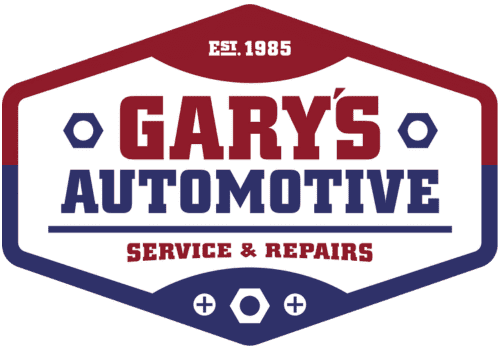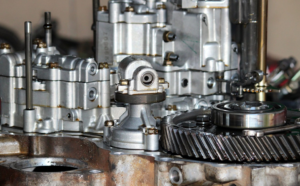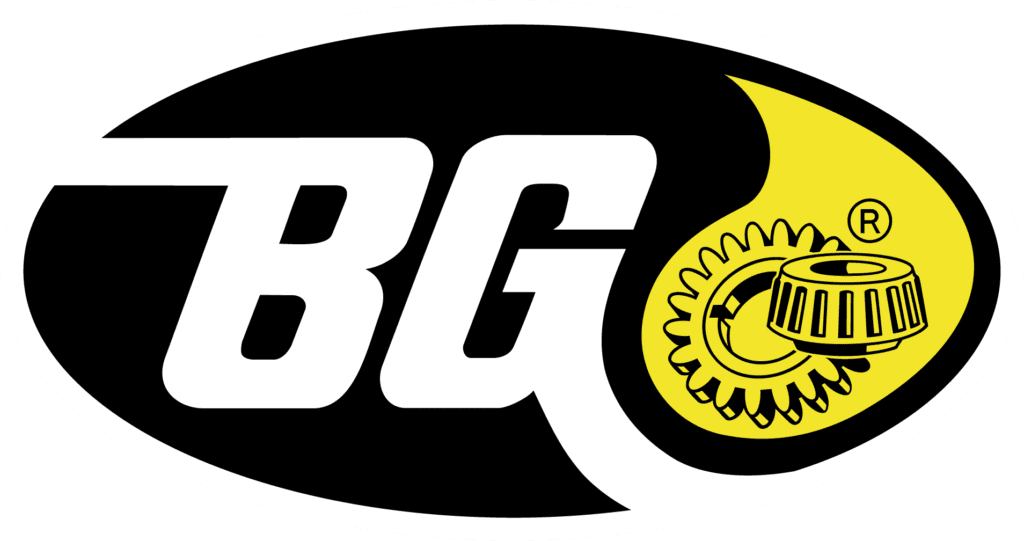While fixing a faulty transmission is important to your vehicle’s operation and safety, it’s helpful to know what can be mistaken for transmission problems too. When you bring your car to your Greater Vancouver mechanic to diagnose transmission problems, they may look at these other issues based on the careful description you give. The more detailed you can be about what’s happening, the better your mechanic can hone in on your transmission…or perhaps one of these culprits that often masquerade as a transmission failure.

What Can Mimic Transmission Problems?
Oil Leaks
One sign of a possible transmission problem is a burning smell coming from the vehicle. But poorly working transmissions aren’t the only thing that can cause this. If you have an oil leak — or even just had your oil changed and the oil pan cap wasn’t properly replaced — you could have oil in the engine where it’s not supposed to be, resulting in that odour.
Faulty Spark Plugs
If your car or truck isn’t accelerating like you want it to, you might think it’s the transmission at fault. But old, corroded, or loose spark plugs can also be responsible for this.
Engine Misfire
An engine misfire can be caused by poor spark plugs, as well as several other factors related to the combustion process. Typically, it will feel like your engine is “stumbling,” and you might even lose speed, or the engine shudders when you shift gears. But don’t blame your transmission for this.
Fuel Delivery Problems
The combustion reaction mentioned above relies on your engine receiving adequate gasoline from the fuel tank. However, if the fuel system is faulty, the engine may not get the juice it needs to run properly, which can feel like you’re in the wrong gear even when you’re not.
Clogged Catalytic Converter
A blocked catalytic converter prevents proper airflow, which is an essential part of the combustion process. Not only does your engine need oxygen to burn fuel during combustion, but airflow is also required to expel post-combustion gasses and byproducts through the exhaust. If the car is clogged, you might feel a lack of acceleration on demand, just as if your transmission were lagging.
Faulty Speed Sensor
In automatic transmission vehicles vs. manual transmission, the speed sensor conveys information to the transmission that tells it to shift up or down. But if your speed sensor is broken, your transmission won’t adjust properly. Usually, this shows up as only being able to drive very slowly.
Other signs of a faulty speed sensor include:
-
- Erratic speedometer behaviour
-
- Check engine light coming on intermittently
-
- Late or absent overdrive engagement
-
- Transmission revving higher prior to the gear shifting
- Feeling of hard brakes when coasting
Broken Temperature Sensor
A broken coolant temperature sensor can mistakenly lead the vehicle to “think” the engine is running too hot or too cold. As with a broken speed sensor, this causes the transmission to move into “limp” mode, where only very slow speeds can be achieved. If you’ve previously experienced unusually poor fuel economy, a check engine light, engine overheating, or black smoke from under the hood, this may be your culprit.
Malfunctioning Interlock Switch
When you shift from park into drive or reverse, you must initially have the brake or clutch engaged. The interlock switch is what requires this. So, if you have trouble switching out of park, a broken interlock switch could be responsible, not your transmission.
Dirty or Corroded Shift Elements
There are components in your vehicle that are related to your transmission system but not technically part of it. These cables and linkages communicate with your transmission but won’t be able to do that if they’re gunked up, rusty, or corroded (plenty of corrosive salt air around the Lower Mainland of British Columbia). A telltale sign that this might be the problem is difficulty shifting when the car is cold, but after it warms up, the issue goes away.
Vehicle Computer Elements
These days, vehicles are run by complex computer systems that connect with virtually all aspects of the car or truck, including the transmission. Your transmission itself could be fine, but a caomputer problem may prevent it from operating correctly.
An experienced mechanic can help you sort out whether you have a true transmission issue or one of these other problems disguised as a transmission failure. Be sure to give the shop a detailed overview of what’s going on so they can eliminate unlikely causes and hone in on the real trouble to get it fixed quickly for you.




